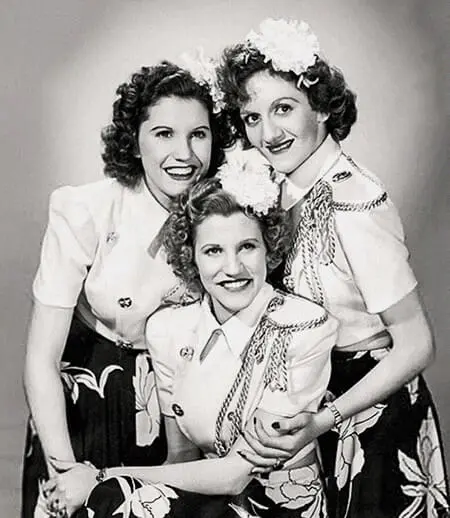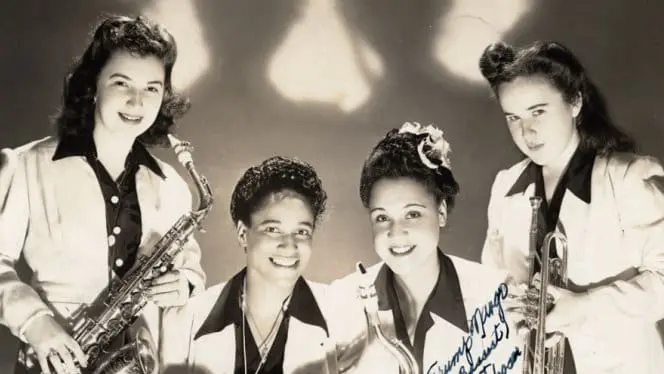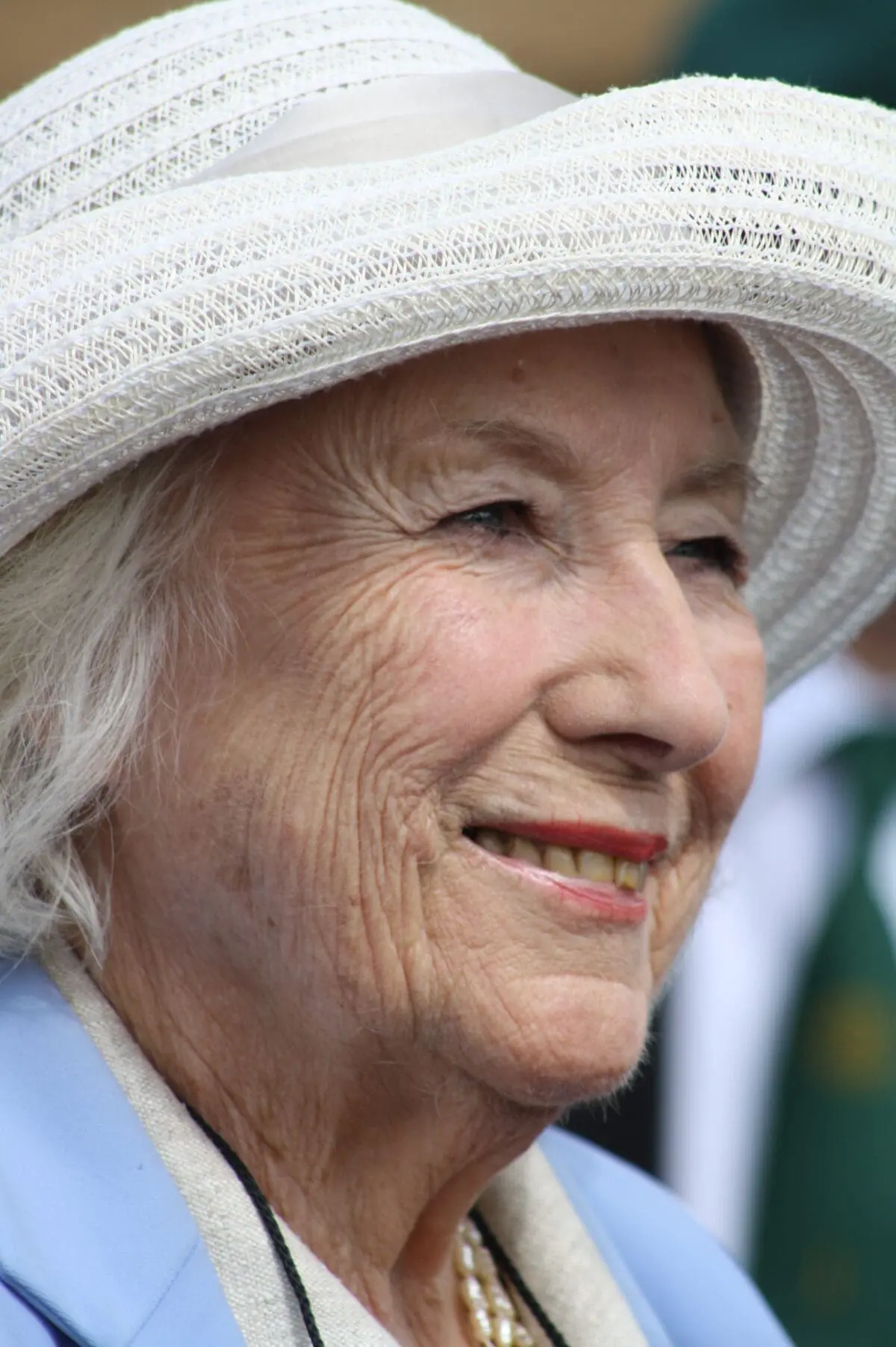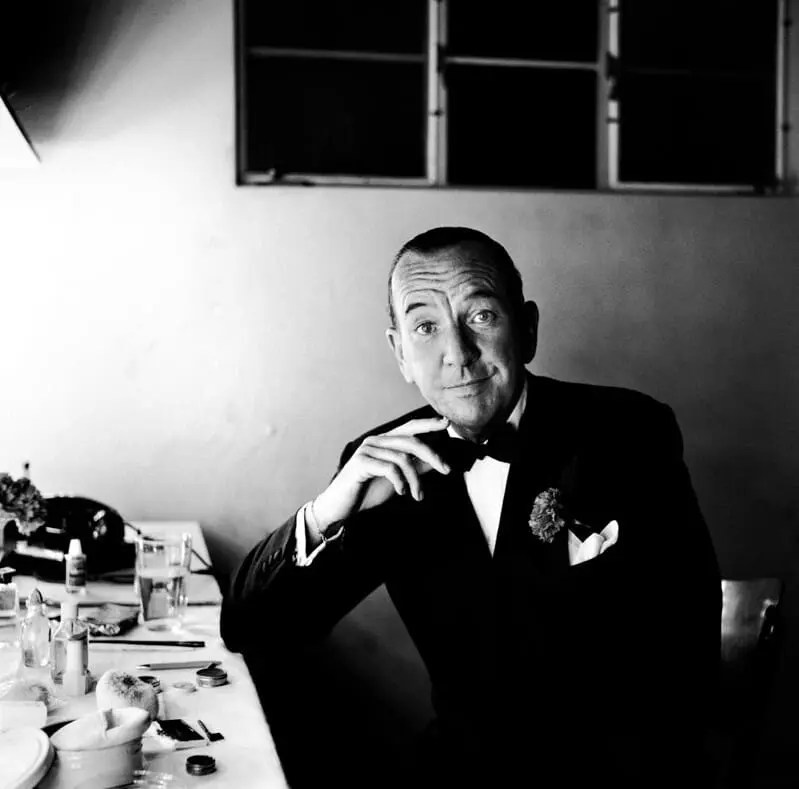Between the years of 1911 and 1918, in the small town of Mound, Minnesota, the Andrews Sisters were born. They were to become one of the most popular blues and swing band groups in America. Patty, LaVerne, and Maxene started their musical journey when they were relatively young, winning their first prize for a talent contest at a local theater in Minneapolis.
Humble beginnings
When their father’s restaurant failed and collapsed, the Andrews Sisters started performing on the road to support their family. Inspired by the likes of Boswell Sisters, Ella Fitzgerald, and Mel Torme, they began to imitate their style and worked hard on their craft until they landed their first major success with “Bei Mir Bist Schön,” an originally Yiddish song that sold 350,000 copies. That song became the first spot on the Billboards and earned the Sisters their celebrity status.
The war years
During the height of their popularity, the Second World War broke out. During the war, they continued producing songs and records that often had military-style themes. The Andrew Sisters performed
their hits in military-themed comedy films such as Private Buckaroo and Bick Privates. Like other artists of their time, they entertained the troops, both inside the United States by visiting US military bases and outside the homeland, in Africa and Italy, often in war zones, hospitals, and munition factories.
Their most critical work for the war is performing Irving Berlin’s “Any Bonds Today?” which helped encourage citizens to purchase war bonds to support the war effort. They often treated random service members to dinner while they were on tour. The band also volunteered to help establish the Hollywood Canteen (a retreat for service members) while also performing and dancing with the servicemen in the retreat. They cooperated with V-Discs (a record label owned and operated by the armed services) in producing records for service members and appeared on military radio service shows. Their contributions to the war effort led to them being known as “The Sweethearts of the Armed Forces Radio Service.”
Separation
The group continued their musical career after the war but not in the same fashion. Patty separated from the group to pursue a solo career in music. She continued to make appearances in guest shows and found herself in a musical theater piece called the Victory Canteen in Los Angeles. She performed with her sister
Maxene, in another musical called “Over Here,” which showed life during WWII at the homefront. Maxene accepted a teaching position at Tahoe Paradise College and rose to become Vice-President. LaVerne died of cancer in 1967, which made both Maxene and Patty unable to perform as a group without her presence.
Despite their humble backgrounds, they grew to be iconic figures in swing and blues during WWII with their parents’ help. They brought a sense of joy through their entertainment during a dark time in American and world history. Overall, they sold more than 900 million records, recorded seven hundred songs, and earned nine golden records.
Photo – https://commons.wikimedia.org/wiki/File:Andrews_Sisters_Billboard_4.jpg
Sign up for one of our upcoming events soon!!







